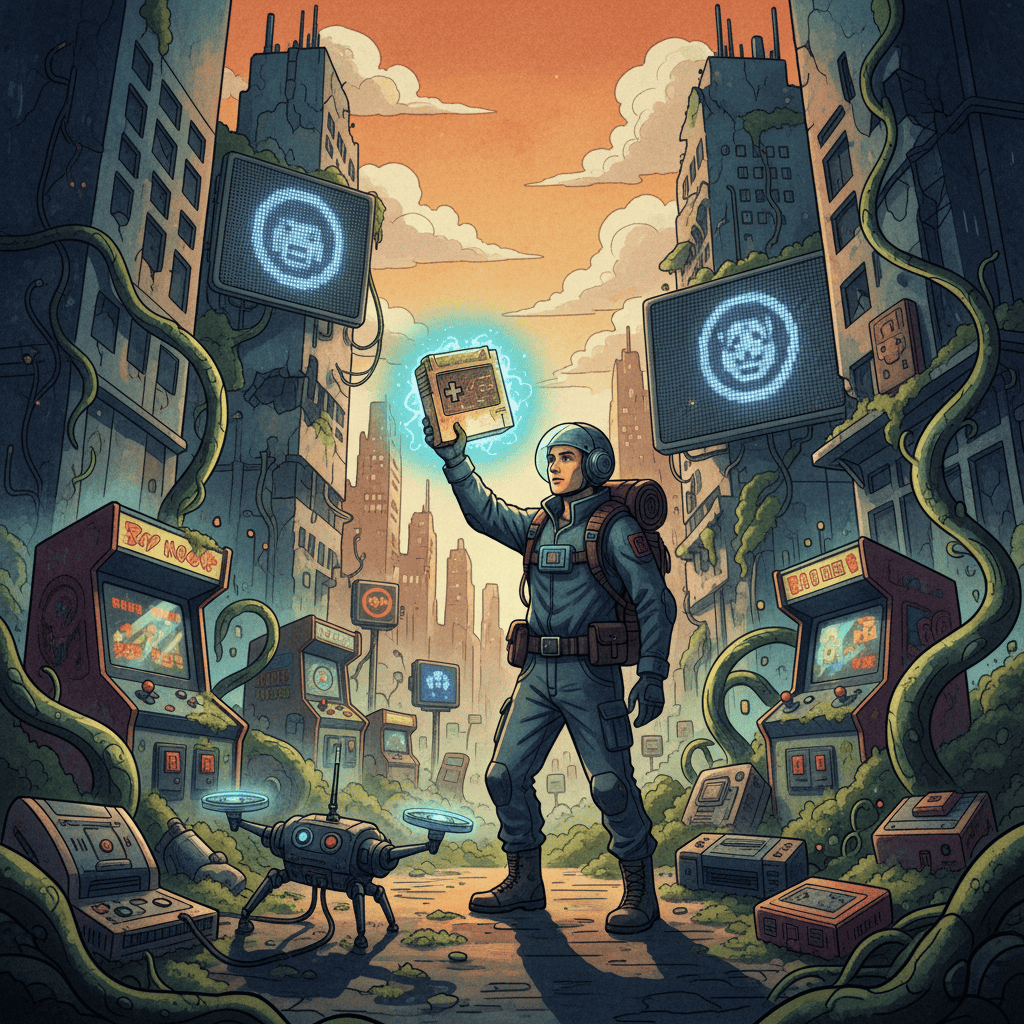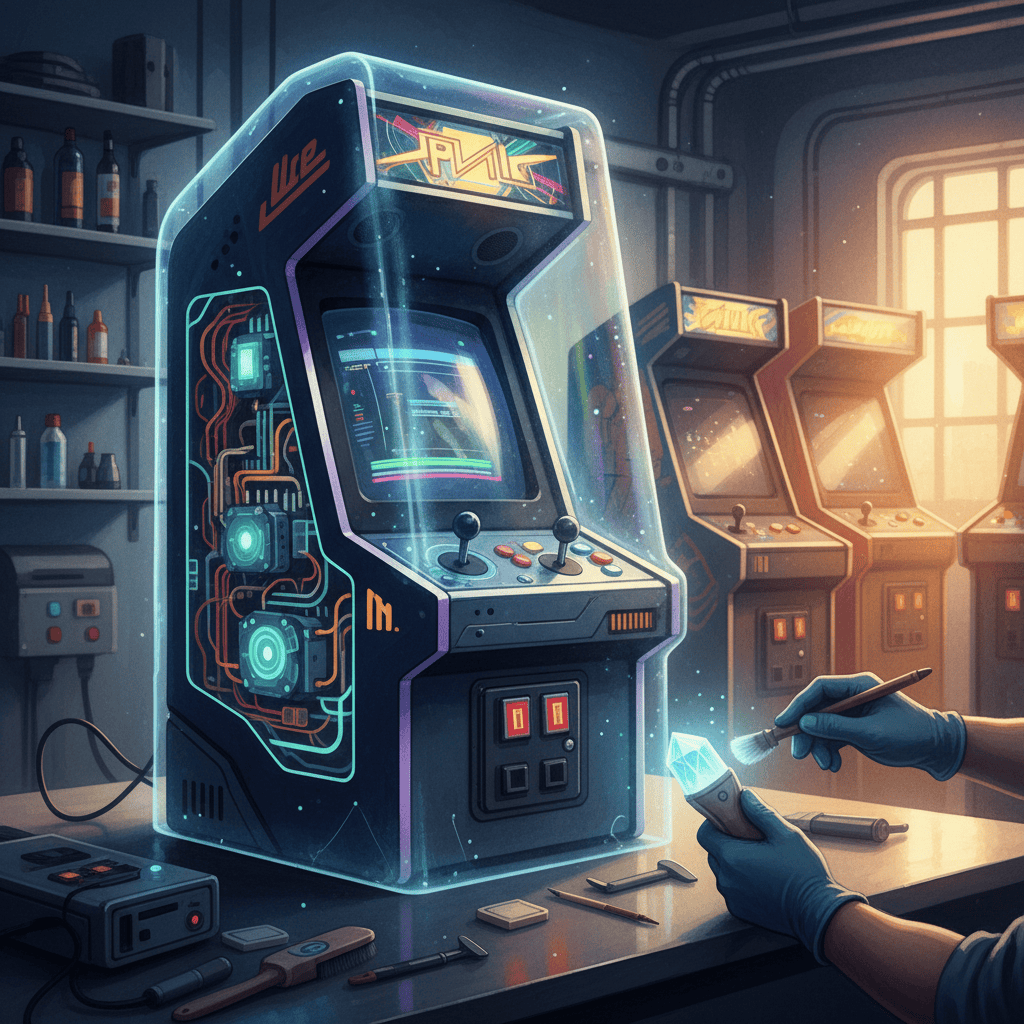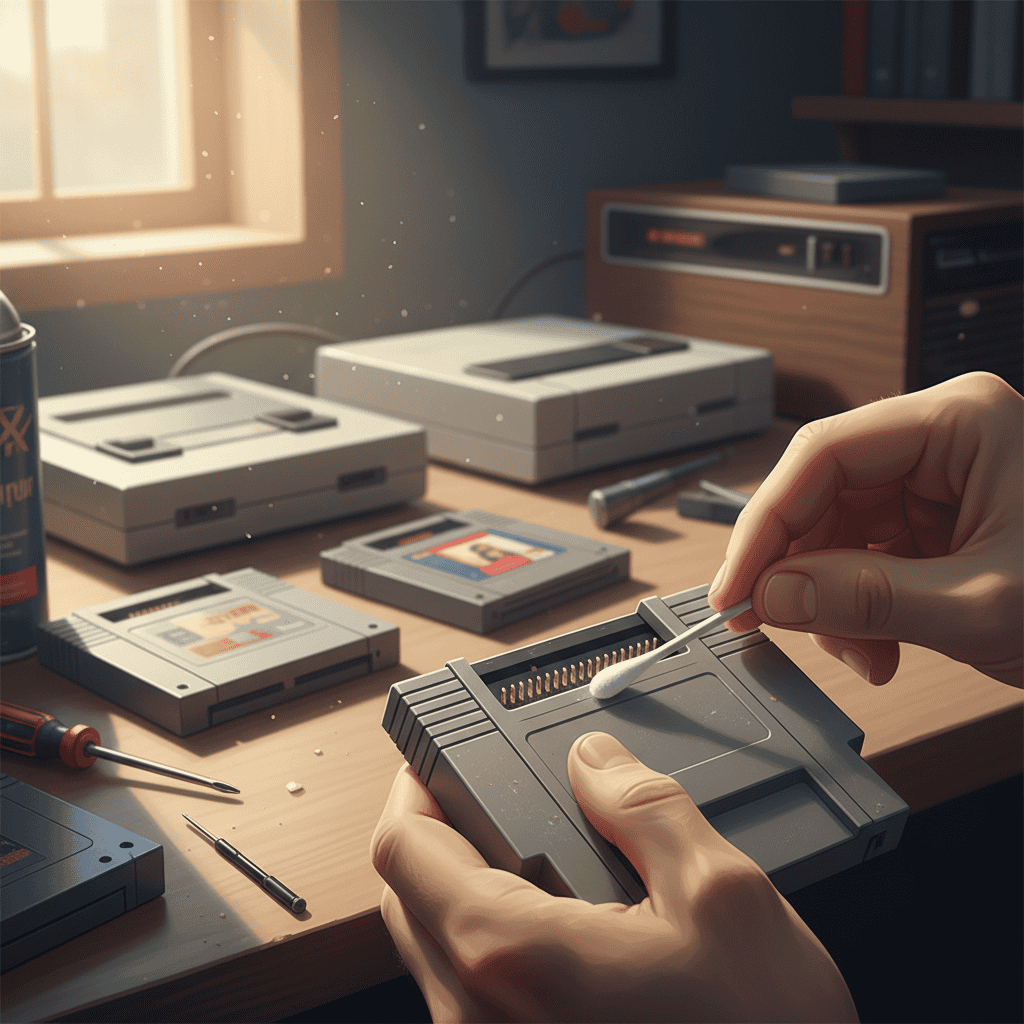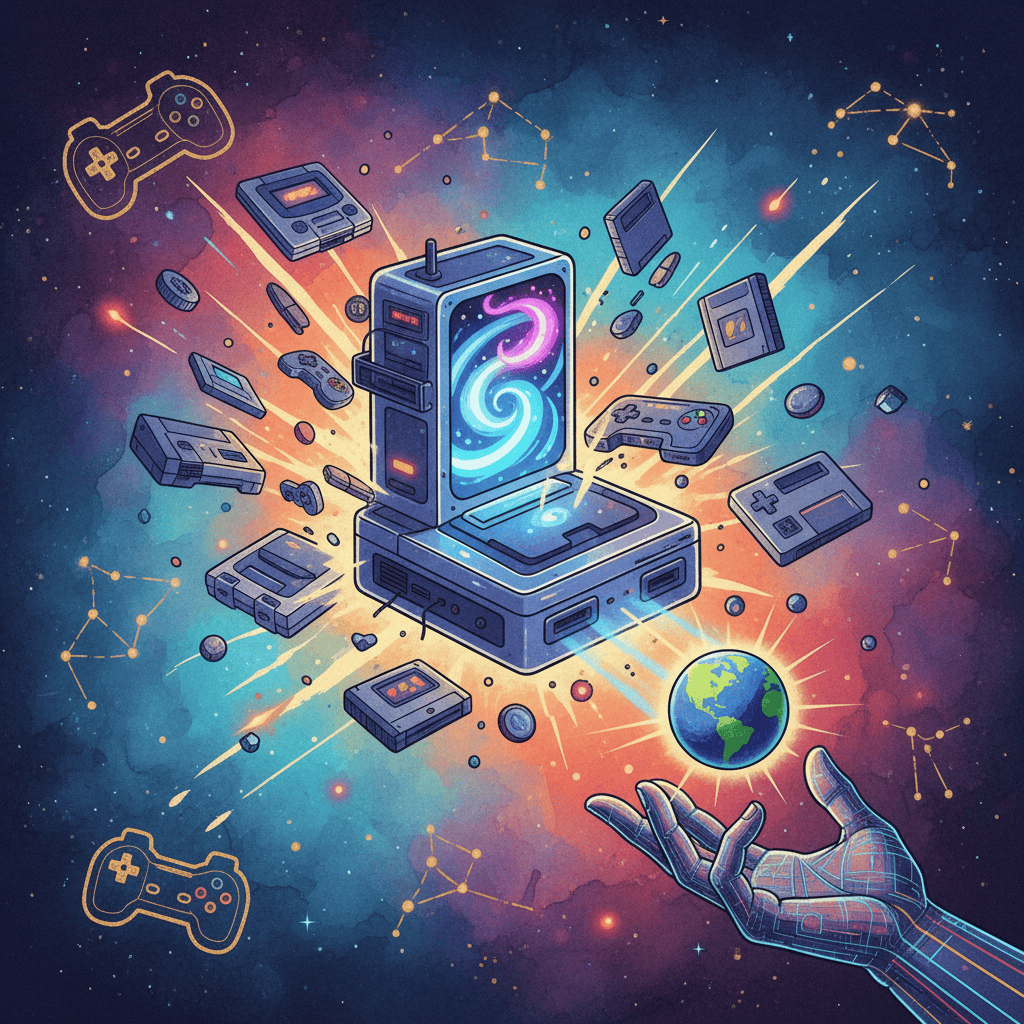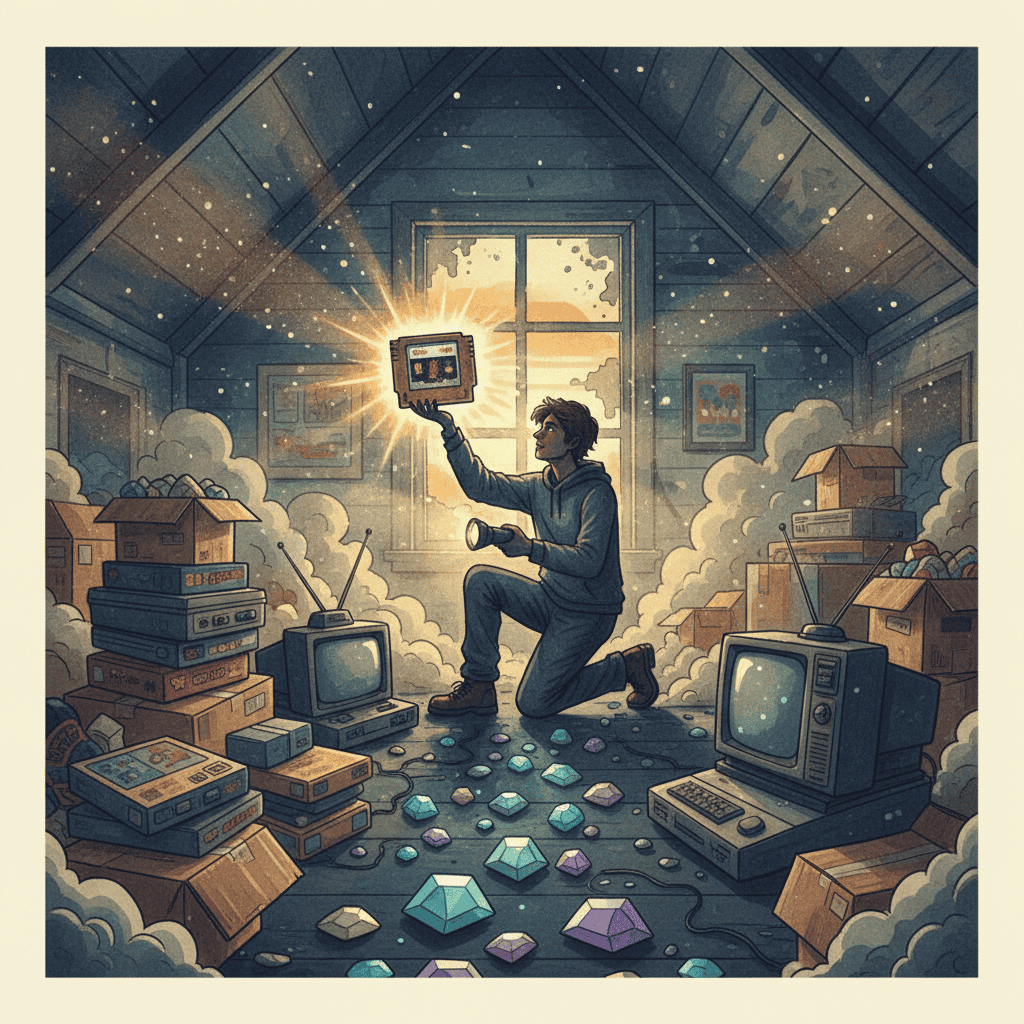Scoping out those elusive, high-value arcade games? In 2025, the hunt’s on, and it’s more than just nostalgia; it’s about understanding the market, knowing your target, and having the patience of a seasoned high-score chaser. Forget dusty attics; we’re diving into the digital and physical worlds to unearth those golden nuggets.
The Shifting Sands of Value: What Makes a Rare Arcade Game Truly “Rare”?
Let’s be clear: rarity isn’t just about low print runs. It’s a complex equation factoring in condition, region, and the fickle finger of fate. Back in the day, I remember seeing a pristine copy of Elevator Action in a small arcade in rural Wisconsin – a true unicorn. That’s rarity. But today, emulation makes many “rare” titles more accessible. So, what truly matters?
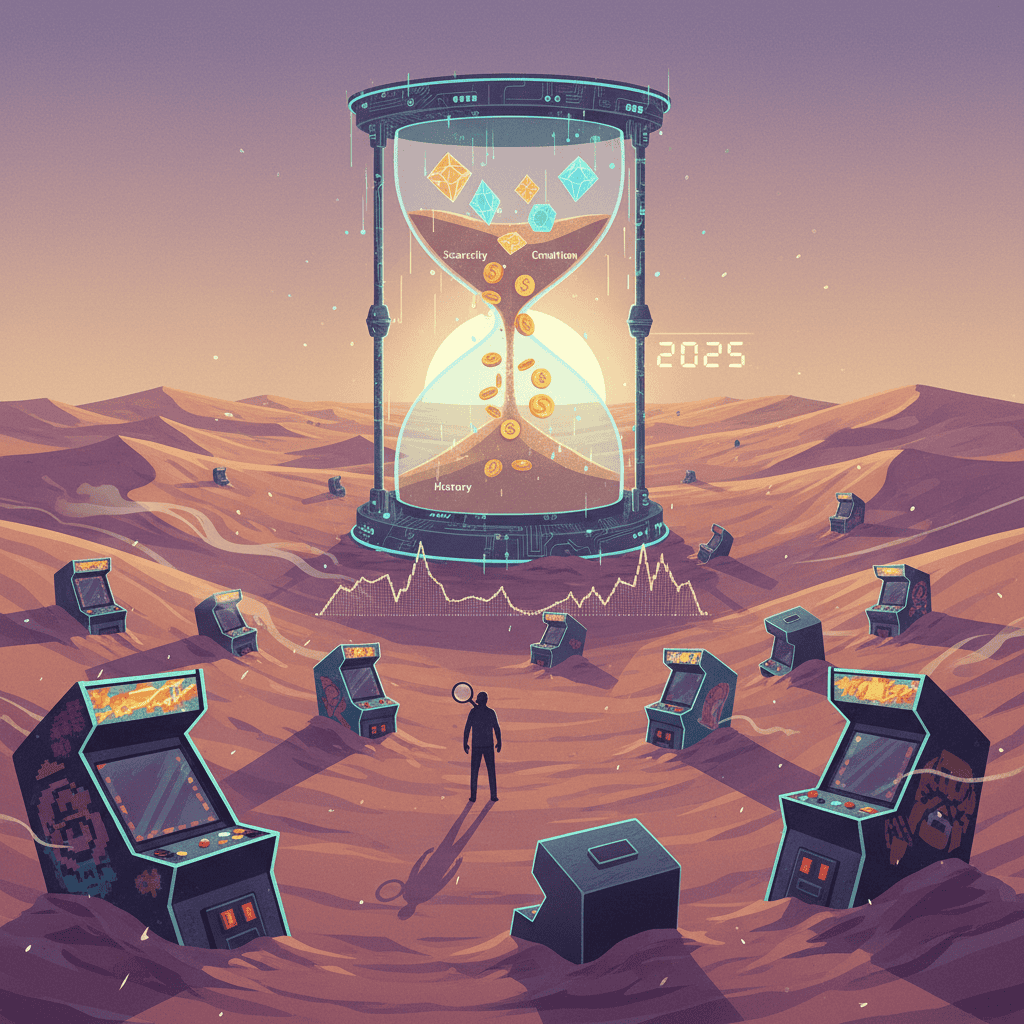
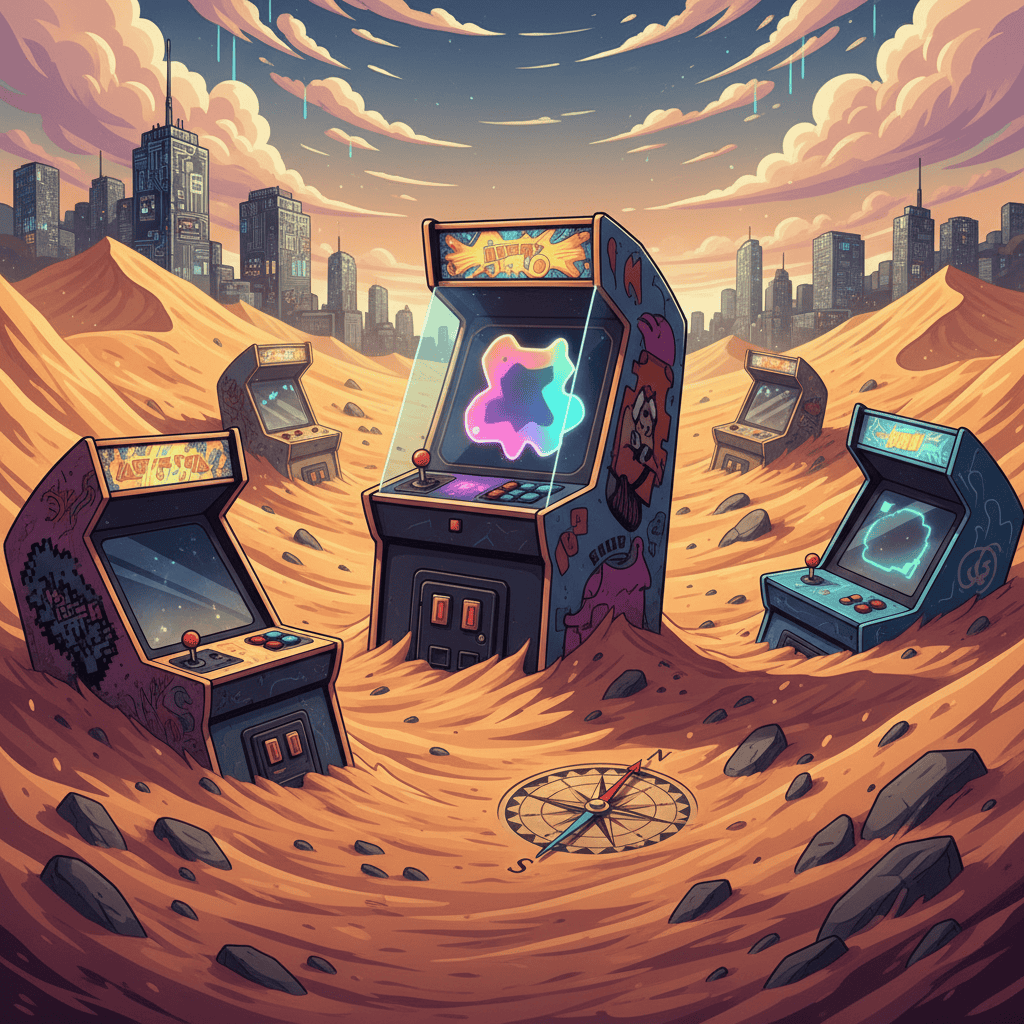
- Condition: A game’s physical condition is paramount. A mint-condition cabinet with original artwork? That’s gold. Slight wear, missing decals… the value drops fast.
- Region: Japanese arcade releases often command premium prices; their limited distribution and unique artwork make them highly sought after. I once traded a near-mint Raiden II Japanese version for an entire collection of US releases – shows you the demand.
- Popularity: A cult classic with a dedicated fanbase will always hold value, even if widely available. The Gauntlet series, for example, maintains a healthy market even if not technically rare.
- Complete-in-Box (CIB): Finding a game with its original box, manual, and even promotional materials significantly boosts its value. This is a crucial factor for collectors.
The Digital Frontier: Hunting Rare Games Online
The online market is where the rubber meets the road for modern rare game hunting; a good rare game guide can be invaluable. But buyer beware! Scams and inflated prices are rife.
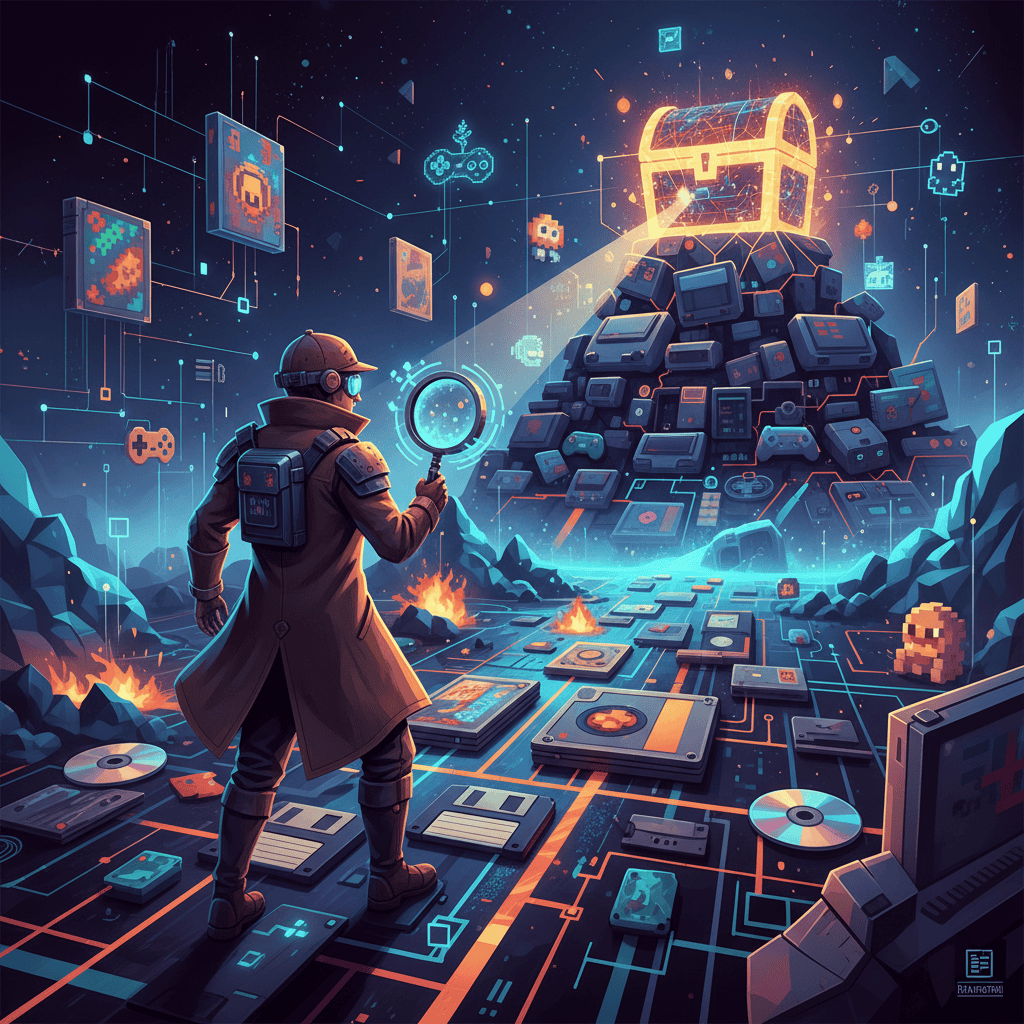
- eBay & Auction Sites: eBay remains a heavyweight, though navigating fake listings and inflated prices requires caution. Always check seller feedback meticulously!
- Specialized Online Marketplaces: Dedicated retro gaming marketplaces often offer better authenticity checks and a more engaged community. However, prices can be steeper.
- Online Forums & Communities: Join niche forums focusing on specific arcade games or manufacturers (e.g., Namco, Capcom). Networking with other enthusiasts is invaluable for discovering hidden gems and uncovering reliable sellers. Remember when I found my Dragon’s Lair laserdisc version through a forum? A true stroke of luck!
Key Takeaway: Online hunting requires patience, research, and a healthy dose of skepticism. Don’t rush into a purchase; always verify the seller’s legitimacy and the game’s condition.
The Physical World: Brick-and-Mortar Adventures
While the digital realm dominates, the physical hunt remains exciting.
- Retro Game Stores & Arcades: These are treasure troves. But expect higher prices reflecting the overhead and the curation process. Building a rapport with store owners often pays off – they may alert you to rare finds.
- Flea Markets & Antique Shows: A wild card. You might unearth a hidden gem, but be prepared to sift through a mountain of junk!
- Private Collectors: Networking with collectors is crucial. Attending game conventions and joining local retro gaming groups can open doors to private sales.
- Garage Sales & Estate Sales: These often yield unexpected finds, especially if you know what to look for. I once found a Donkey Kong cabinet for a steal at a garage sale; that was a moment!
Navigating the Price Labyrinth: Identifying Fair Market Value
Pricing is subjective, but several factors influence a rare arcade game’s value.
| Factor | Impact on Value |
|---|---|
| Condition | Mint condition commands top dollar; wear reduces it. |
| Region | Japanese imports often fetch higher prices. |
| Completeness (CIB) | Original box, manual, and accessories boost value. |
| Popularity/Demand | Cult classics with loyal fans hold steady value. |
| Game History/Legacy | Titles with significant impact command more. |
The Future of Rare Game Hunting: A Collector’s Perspective
The landscape is shifting. Emulation continues to democratize access to older titles, putting pressure on the physical market. However, the demand for authentic, high-quality arcade cabinets, particularly Japanese releases and highly sought-after titles from the golden age, will likely remain strong. The real prize isn’t just owning a rare game; it’s the journey, the thrill of the hunt, and the community you build along the way.
Frequently Asked Arcade Acquisitions
Q: What are the best resources for authenticating rare arcade games?
A: Consult reputable online communities, experienced collectors, and authentication services specializing in retro gaming. Cross-referencing information from multiple sources is essential.
Q: How do I protect my investment in a rare arcade game?
A: Proper storage is key. Keep the game in a cool, dry environment, away from direct sunlight. Avoid excessive handling.
Q: Where can I find rare arcade game parts for repair?
A: Online marketplaces like eBay, dedicated retro gaming forums, and specialized parts suppliers are good places to start. Expect to pay a premium for rare components.
Q: What is the most valuable arcade game in 2025?
A: That’s highly subjective and depends on condition and market fluctuations. But games like early *Namco* titles, rare Japanese imports, and exceptionally preserved, limited-edition releases are likely candidates.
Q: Are ROMs a viable alternative to owning physical copies?
A: From a legal standpoint, no. Ethically, it’s a gray area. ROMs lack the tangible experience and collector value of physical copies. They don’t hold the same sentimental value for me; for example, finding and restoring a rare *Galaga* machine is a joy beyond any ROM.
Q: Should I restore a rare game or leave it original?
A: It depends on your goals. Restoration enhances playability, but it might devalue a collectible game in some cases. A professional can assess the best approach.
Q: What are some upcoming trends in the rare arcade game market?
A: The market will likely continue to see increased interest in lesser-known titles, alongside a steady focus on early arcade classics and titles with strong collector communities.
Level Up Your Retro Game Hunting: Next Steps
The hunt for rare arcade games is a marathon, not a sprint. Your next step? Immerse yourself in the online and physical communities. Network with other collectors, study market trends, and, most importantly, enjoy the journey. Happy hunting!
The Hunt for Lost Pixels: Scoring Big in the 2025 Retro Arcade Market
